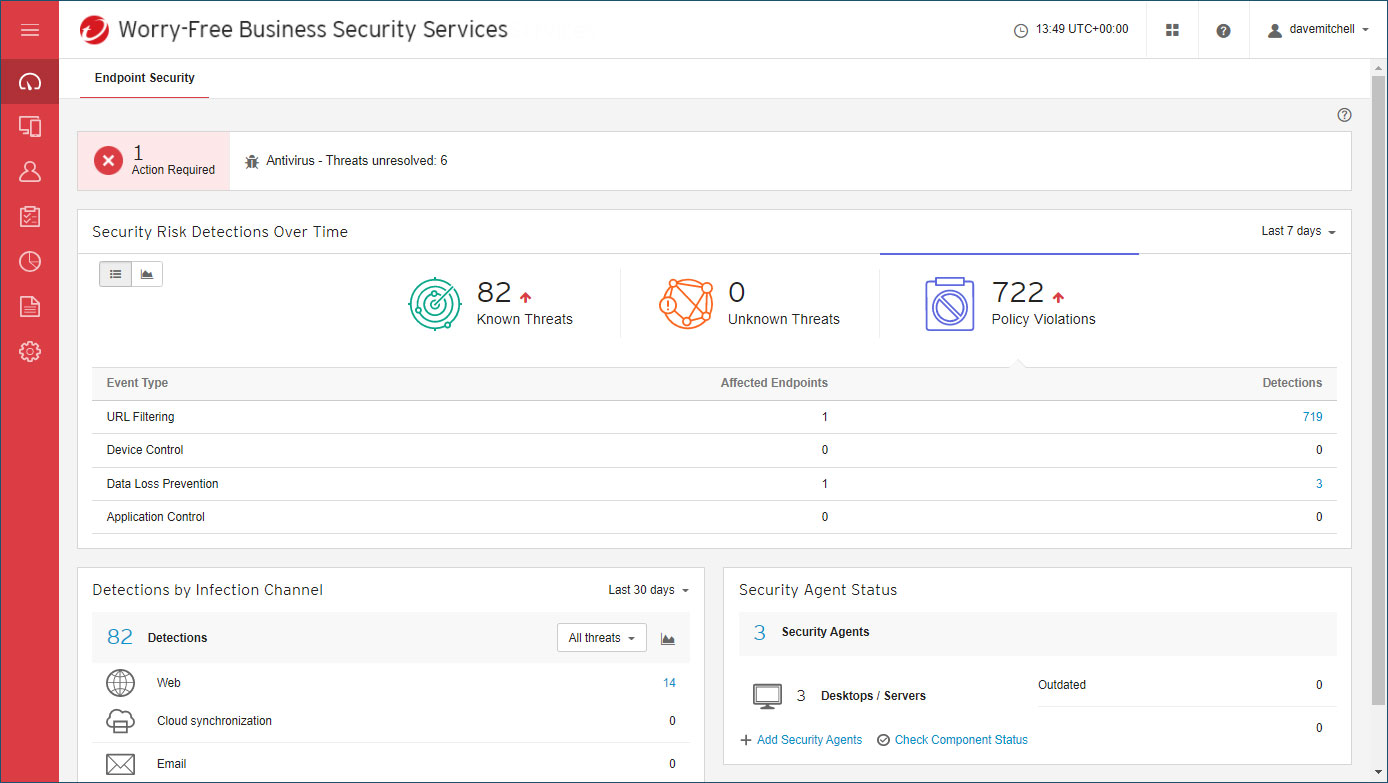Millions hit by major Android-based malware campaigns
Dozens of 'innocent' apps are being infected through the development supply chain


Researchers have outlined two separate malicious campaigns that have collectively infected more than 200 Android apps that have surpassed the 250 million download milestone.
Both campaigns, which centre on adware and data-scraping respectively, are targeting Android users only, and have infected a host of applications by fooling developers into using malicious software development kits (SDKs).
The more prominent campaign of the two, dubbed 'SimBad' because it primarily affects simulation games, has infected 206 apps which have been downloaded a combined 150 million times, according to Check Point Research.
The malware itself lives in the ad-related 'RXDroider' SDK, provided by 'addroider.com' and adopted by a swathe of developers.
Once the user downloads and installs one of the infected apps, SimBad registers itself to the device and is allowed to perform actions autonomously. After installation, the malware then connects with the command and control server to receive orders. These may range from opening a browser with a given URL to removing the app icon from the launcher.
The app's three-pronged capabilities include showing ads, opening phishing pages, and exposing users to other applications. The attackers are also able to install a remote application from a designated server, allowing them to further infect users with malware at their discretion.
"With the capabilities of showing out-of-scope ads, exposing the user to other applications, and opening a URL in a browser," the researchers said, "'SimBad' acts now as an Adware, but already has the infrastructure to evolve into a much larger threat."
Get the ITPro daily newsletter
Sign up today and you will receive a free copy of our Future Focus 2025 report - the leading guidance on AI, cybersecurity and other IT challenges as per 700+ senior executives
CheckPoint Research also outlined 'Operation Sheep' in a second report yesterday. This involves a group of Android apps harvesting contact information from users' phones on a mass scale without their consent.
This malware has similarly been loaded in an SDK built for data analytics, and has been seen in up to 12 different Android apps to date. These have been collectively downloaded over 111 million times.
The SWAnlaytics SDK has been integrated into a dozen seemingly innocuous Android apps published on third-party Chinese app stores such as the Huawei App Store, Xioami App Store and Tencent MyApp.
The researchers first encountered a sample of the infection in September 2018, and have traced a data-scraping path that leads to servers owned by Shun Wang Technologies. Once the malicious apps are installed, entire contact lists are uploaded to the firm's servers, according to Check Point Research.
They also noted in the Tencent MyApp store alone, eight of 12 infected apps collectively amassed 111 million downloads.
"In theory," the researchers speculated, "Shun Wang Technologies could have collected a third of China's population names and contact numbers if not more."
They added with no clear declaration of data usage form Shun Wang, nor regulatory supervision, data could easily be traded within underground markets and abused in a variety of ways. These may range from rogue marketing to friend referral program abuse.
"Compared to financial data and government-issued ID document information, personal contact information is often treated as less sensitive data," the researchers said.
"According to popular belief, it requires extra effort to exploit such data while potential profits do not match a hacker's effort. Hence it is unlikely to be targeted.
"However, the landscape is changing with deep specialization in underground markets and new "business models" available to profit from such personal contact data."

Keumars Afifi-Sabet is a writer and editor that specialises in public sector, cyber security, and cloud computing. He first joined ITPro as a staff writer in April 2018 and eventually became its Features Editor. Although a regular contributor to other tech sites in the past, these days you will find Keumars on LiveScience, where he runs its Technology section.
-
 Cleo attack victim list grows as Hertz confirms customer data stolen
Cleo attack victim list grows as Hertz confirms customer data stolenNews Hertz has confirmed it suffered a data breach as a result of the Cleo zero-day vulnerability in late 2024, with the car rental giant warning that customer data was stolen.
By Ross Kelly
-
 Lateral moves in tech: Why leaders should support employee mobility
Lateral moves in tech: Why leaders should support employee mobilityIn-depth Encouraging staff to switch roles can have long-term benefits for skills in the tech sector
By Keri Allan
-
 APIs: Understanding the business benefits and risks
APIs: Understanding the business benefits and riskswhitepaper What you need to know about potential data exposure from APIs
By ITPro
-
 Apple patches actively exploited iPhone, iPad zero-day and 18 other security flaws
Apple patches actively exploited iPhone, iPad zero-day and 18 other security flawsNews The out-of-bounds write error is the eighth actively exploited zero-day impacting Apple hardware this year and could facilitate kernel-level code execution
By Rory Bathgate
-
 Qualcomm and Mediatek flaws left millions of Android users at risk
Qualcomm and Mediatek flaws left millions of Android users at riskNews An open source audio codec used by chipset firms is believed to have put two-thirds of Android users' private calls and files at risk
By Connor Jones
-
 Businesses on alert as mobile malware surges 500%
Businesses on alert as mobile malware surges 500%News Researchers say hackers are deploying new tactics that put Android and iOS at equal risk
By Connor Jones
-
 Apple fixes array of iOS, macOS zero-days and code execution security flaws
Apple fixes array of iOS, macOS zero-days and code execution security flawsNews The first wave of security updates for Apple products in 2022 follows a year in which a wide variety of security flaws plagued its portfolio of devices
By Connor Jones
-
 Trend Micro Worry-Free Business Security review: Great cloud-managed malware protection
Trend Micro Worry-Free Business Security review: Great cloud-managed malware protectionReviews A reassuringly simple endpoint-protection solution – although mobile support is basic
By Dave Mitchell
-
 Over 300,000 Android users downloaded banking trojan malware
Over 300,000 Android users downloaded banking trojan malwareNews Hackers defeated Google Play restrictions by using smaller droppers in apps and eliminating permissions needed
By Rene Millman
-
 Flaw in Android phones could let attackers eavesdrop on calls
Flaw in Android phones could let attackers eavesdrop on callsNews The vulnerable chips are thought to be present in 37% of all smartphones worldwide
By Rene Millman